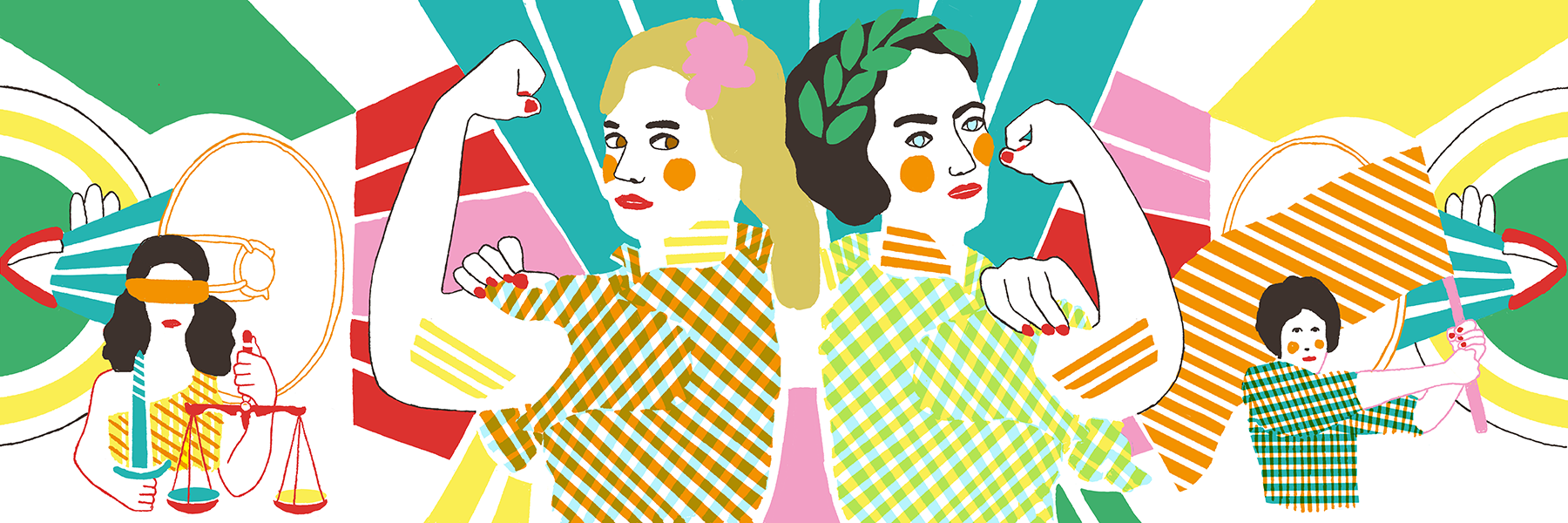
Special parliament session marks 50 years of women’s suffrage

A two-day session of parliament has opened in Bern on Friday attended by 246 women to mark 50 years of suffrage in Switzerland. The female-only session will discuss various issues from equality and violence against women to science and digitalisation.
Two hundred of the participants attending the meeting on Friday and Saturday were selected by an online vote by 10,000 women. Aged 17-70, they come from different backgrounds and very few have experience as politicians. The other 46 are former parliamentarians and government ministers.
The women have already prepared the various issues for discussion in eight commissions. Topics are wide-ranging: paid and unpaid work, violence against women, health, digitalisation, popular voting rights, agriculture and science.
The participants are also seeking better paternity leave conditions, the creation of a fund to finance nurseries, and better recognition of healthcare workers.

More
The long road to women’s suffrage in Switzerland
Four cabinet members – Alain Berset, Karin Keller-Sutter, Simonetta Sommaruga and Viola Amherd – are due to give speeches on Friday.
Petitions
After two days of discussions, the participants are set to adopt declarations that will be presented to parliament in the form of petitions.
“The petitions resulting from these sessions are always taken very seriously and some are transformed into parliamentary questions,” parliamentarian Isabelle Moret told the Keystone-SDA News Agency.
Parliament has become more female and open to these questions, said the former president of the House of Representatives.
Switzerland gave women the vote in 1971 – one of the last countries in Europe to do so. Women’s right to vote was submitted for citizens’ approval through a national vote – where only men could cast a ballot.
After being rejected the first time in 1959, it finally got accepted in 1971, as women’s suffrage was a condition to allow Switzerland to join the European Convention of Human Rights. Two-thirds of the male population voted in favour of granting women voting rights on a national level.
However, it took another two decades for all 26 Swiss cantons to allow women to vote in cantonal elections.

In compliance with the JTI standards
More: SWI swissinfo.ch certified by the Journalism Trust Initiative






























You can find an overview of ongoing debates with our journalists here . Please join us!
If you want to start a conversation about a topic raised in this article or want to report factual errors, email us at english@swissinfo.ch.